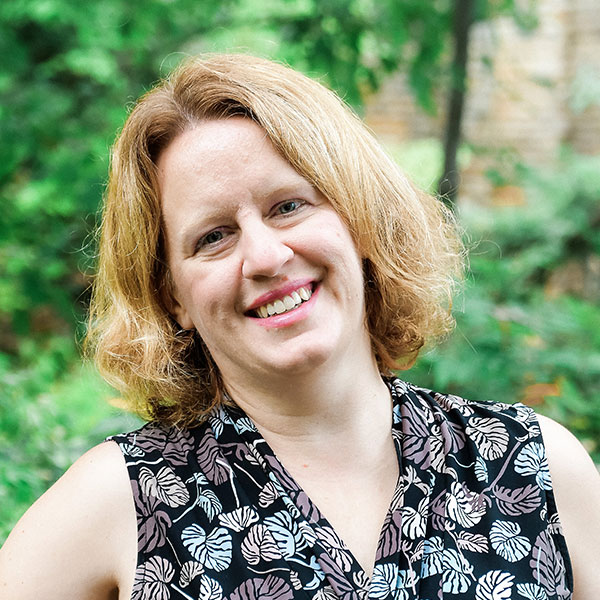Turning 18 is usually associated with the beginning of adulthood. It’s the age at which most people graduate high school, can vote and choose to live independently.
However, things may look a little different for those with special needs, depending on their ability to make their own choices. Even though these individuals are legally adults, if they are not capable of making decisions and caring for themselves, they may require someone to help support them in living safely and happily.
In a guardianship, a court authorizes responsible individual to make decisions for and act on behalf of another individual. These can be the parents of a child or another person like a family member or friend. In cases where no one is available to act as Guardian, then the Court will appoint a local attorney to serve in this role.
Types of Guardianship?
There are two (2) basic types of Guardianships. The first is a Person Guardian. In this case, the Guardian makes medical and living decisions for the Ward (the person under guardianship), such as what treatment to receive, whether they should reside in an assisted living facility or what types of programs they should participate in. The second type is an Estate Guardian. This Guardian manages the Ward’s funds – income received and assets already owned. An Estate Guardian will accept funds on the Ward’s behalf, pay bills, sell assets and apply for any appropriate benefits.
It is possible for the Ward to have a different person serving as a Person Guardian and an Estate Guardian. However, it is much more common for one (1) person to be “Guardian for both”.
How is one granted guardianship?
Usually, parents are guardians of their children before they turn 18. If a parent or other individual seeks to maintain or obtain guardianship after this age, they must go through a probate court. The process may begin no earlier than when the individual turns 17 and a half.
A probate court’s job is to determine if a guardianship is necessary. If so, it then oversees the appointed guardian. The process begins when a potential guardian files an application in the probate court of the county where the proposed ward lives. Next, a probate court investigator contacts the person seeking guardianship to arrange a visit with the proposed ward and assess the need for the guardianship as well as the proposed guardian’s ability to serve. During the meeting, the investigator makes sure that the proposed ward understands that he or she has a right to object to the guardianship, have an attorney, receive notice of and be present at the hearing, request a record of the hearing, have a family or friend be present, prevent his or her personal physician and certain other parties from testifying against them and have an independent evaluation.
An adult with a disability must be deemed “incompetent” to be granted a guardian. This is legally defined as being incapable of taking proper care of themselves or their property. A medical professional must evaluate the potential ward using specific criteria to determine if they meet this definition.
Next, the probate court schedules the hearing, which the proposed guardian must attend. During the hearing, the potential guardian must explain their willingness to serve the individual and take an oath swearing to care for them. The potential guardian may or may not require an attorney depending on the rules of the probate court for the county where the proposed ward lives and the type of guardianship for which he or she is applying.
If the judge or magistrate condones the relationship, they sign a letter of guardianship, a legal document they granting the guardian authority to act on behalf of the ward.
A court can terminate a guardianship if it becomes apparent that it should not have been created, is no longer necessary or the level of restrictiveness is no longer appropriate. The termination/evaluation process is also started by submitting a motion to the probate court.
A guardianship isn’t always necessary or the best strategy to promote the health, safety and independence of an individual with special needs. Sometimes less restrictive alternatives are implemented in which the individual with a disability doesn’t lose any rights but may ask someone else to act on their behalf.
For more information about guardianship and other strategies for caring for an adult with a disability, contact me today to set up a time to chat.


